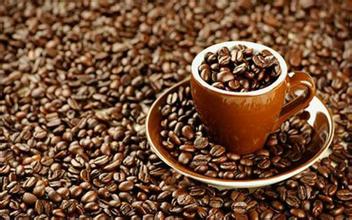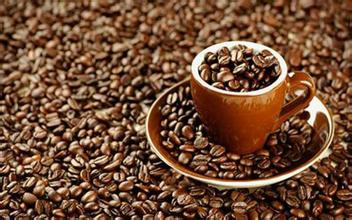Thailand's "Elephant shit Coffee" is more than twice as expensive as Kopi Luwak.
Core hint: many people have probably heard of what is claimed to be the world's most expensive exotic coffee, named Kopi Luwak because it is made from beans eaten by civets and then excreted. Nowadays, however, another exotic coffee has replaced the most expensive position of "Kopi Luwak". It is "shit-like coffee" made from coffee beans eaten and excreted by Thai elephants.
It is estimated that many people have heard of what is claimed to be the most expensive exotic coffee in the world. It is named Kopi Luwak because the raw material is coffee beans eaten by civets and then excreted. Now, however, another exotic coffee has replaced the most expensive position of Kopi Luwak: "shit-like coffee" made from coffee beans eaten and excreted by Thai elephants.
The coffee, called Black Ivory, costs $1100 a kilogram and retails at $50 a pot, more than double the price of Kopi Luwak. It is said that this "elephant dung coffee" has an earthy aroma and a lubricated taste. The inventor of this coffee is Blake, a businessman from Canada. Ding Jin invested $300000 to produce this kind of coffee in the mountains of northern Thailand.
Ding Jin, who has been involved in the cat dung coffee business, said that after elephants eat coffee beans, stomach acid breaks down the protein in coffee beans during digestion.
On the other hand, the bitterness of coffee mainly comes from protein, and the common bitterness of coffee disappears after decomposition.
This principle is similar to that of cat dung coffee, except that the elephant has a larger stomach and is more conducive to digestion and decomposition.
The process of producing dung coffee is quite cumbersome. Ding Jin employs Arabian coffee beans handpicked by local mountain tribal women as raw materials, and then mixes coffee beans with bananas, sugar cane and other vegetarian foods often eaten by elephants to feed elephants. This gives the coffee a unique earthy and fruity flavor.

Important Notice :
前街咖啡 FrontStreet Coffee has moved to new addredd:
FrontStreet Coffee Address: 315,Donghua East Road,GuangZhou
Tel:020 38364473
- Prev

Delicious Elephant shit Coffee tell the difference between Elephant shit Coffee and Kopi Luwak
Recently, like shit coffee is so hot that every major Weibo has released and reprinted it, which instantly took away the title of Kopi Luwak as the most expensive coffee. But it doesn't make sense to think about it carefully. Elephant food is mainly composed of tender branches and leaves, wild fruits, weeds, tender bamboos, wild vegetables and other plants. It probably likes coffee fruit, too. (much better than grass or something) but elephants certainly won't go to the coffee garden, so
- Next
What is the origin of civet coffee Kopi Luwak? the practice of civet coffee
Coffee is a drink from western countries, which is called one of the three largest drinks in the world, and the other two are cocoa and tea, among which tea has a long history in China, and the inheritance of tea culture has a long history. Coffee is a popular drink in western countries, and coffee is the most expensive with Kopi Luwak, but some people still can't understand it in modern times.
Related
- Does Rose Summer choose Blue, Green or Red? Detailed explanation of Rose Summer Coffee plots and Classification in Panamanian Jade Manor
- What is the difference between the origin, producing area, processing plant, cooperative and manor of coffee beans?
- How fine does the espresso powder fit? how to grind the espresso?
- Sca coffee roasting degree color card coffee roasting degree 8 roasting color values what do you mean?
- The practice of lattes: how to make lattes at home
- Introduction to Indonesian Fine Coffee beans-- Java Coffee producing area of Indonesian Arabica Coffee
- How much will the flavor of light and medium roasted rose summer be expressed? What baking level is rose summer suitable for?
- Introduction to the characteristics of washing, sun-drying or wet-planing coffee commonly used in Mantenin, Indonesia
- Price characteristics of Arabica Coffee Bean Starbucks introduction to Manning Coffee Bean Taste producing area Variety Manor
- What is the authentic Yega flavor? What are the flavor characteristics of the really excellent Yejasuffi coffee beans?

